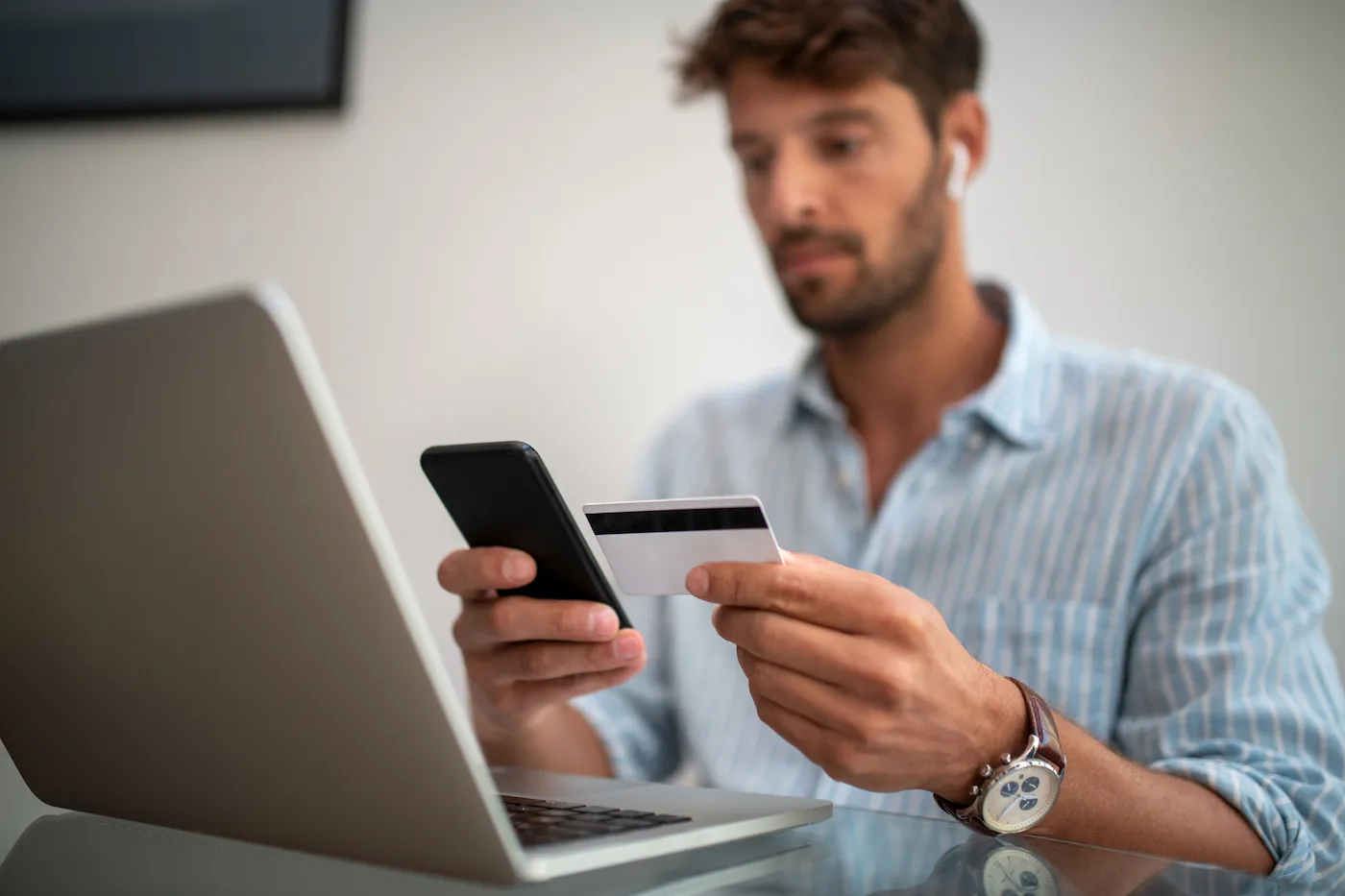Can Someone Else Pay My Credit Card Bill?
Quick Answer
Yes, someone else can pay your credit card bill. You can make it easier by giving them your credit card issuer, account number and amount due.

While it's not standard practice, someone else can pay your credit card bill. Creditors want bills paid on time; they're not terribly interested in whose pocket the money comes from. As long as they're using legal tender and they can ensure the payment is applied to the correct account, it can be done.
Why Someone Else May Pay Your Credit Card Bill
Although it's typical for the account holder to pay their own credit card bills, there are no rules against someone stepping in to help ensure the bill gets paid, temporarily or on a permanent basis.
Someone might cover your credit card bill because they are:
- Providing temporary help if you are unemployed or otherwise struggling financially
- Paying in your name to help you build credit (or at least avoid a late fee)
- Paying on your behalf if you are sick or hurt and otherwise unable to pay bills on your own
- Paying as part of the financial power of attorney you granted them
How to Pay Someone Else's Credit Card Bill
If the person who wants to pay your bill knows your credit card issuer, account number and amount due (or minimum due), they should be able to pay your credit card bill. If your credit card is unavailable, they might find the number on your billing statement or digital account portal. It's important to have it so the right account can be properly credited.
There are several ways to pay someone else's credit card bill.
1. Pay Online
To pay online, the person paying starts by logging in to their own financial institution. They can input the information needed to add the credit card issuer as a payee. They'll also need your account number. If they expect to pay the bill regularly, they could set up autopay.
An alternative way, if you have shared your credentials, is to log in to your credit card account and pay through that portal.
2. Pay by Phone
Anyone can call the number on the back of your credit card. They might be able to get information about the amount due and due date. There is typically a "make a payment" option that will get them to an operator who can help guide them through making a payment on your behalf.
Most credit card issuers have security measures in place for phone payments, such as requiring a security password or the last four digits of your Social Security number. If the person paying your bill plans to call in to make a payment, be sure they have the information necessary to access your account.
3. Mail a Payment
A credit card statement includes the balance owed, a mailing address and a due date. If someone is mailing a payment on your account, be sure to allow the payment extra time to be delivered and opened to avoid being reported as late.
You can typically pay by personal check or money order.
4. Visit a Branch of the Issuing Bank
If there's a branch of the card-issuing bank near the person making your payment, that's another option. They can typically pay in cash, but again, they will need your account number or other personal identifying information so that the account number can be identified.
The Bottom Line
You are ultimately responsible for paying your credit card bill on time. However, there is no requirement that the payment come from you. It can be smart to make sure someone else either has a copy of your important documents or knows how to find them.
A free credit monitoring account with Experian—if you have shared your credentials in the event of an emergency—can make it easier for a trusted person to check your credit report to be certain that your accounts are being paid if you're unable to do it yourself.
Don’t apply blindly
Apply for credit cards confidently with personalized offers based on your credit profile. Get started with your FICO® Score for free.
See your offersAbout the author
Bev O'Shea is a Georgia-based freelance journalist specializing in personal finance and consumer credit. Most recently, she was a staff writer at personal finance website NerdWallet, where she was an authority on credit reports, credit scores and identity theft.
Read more from Bev